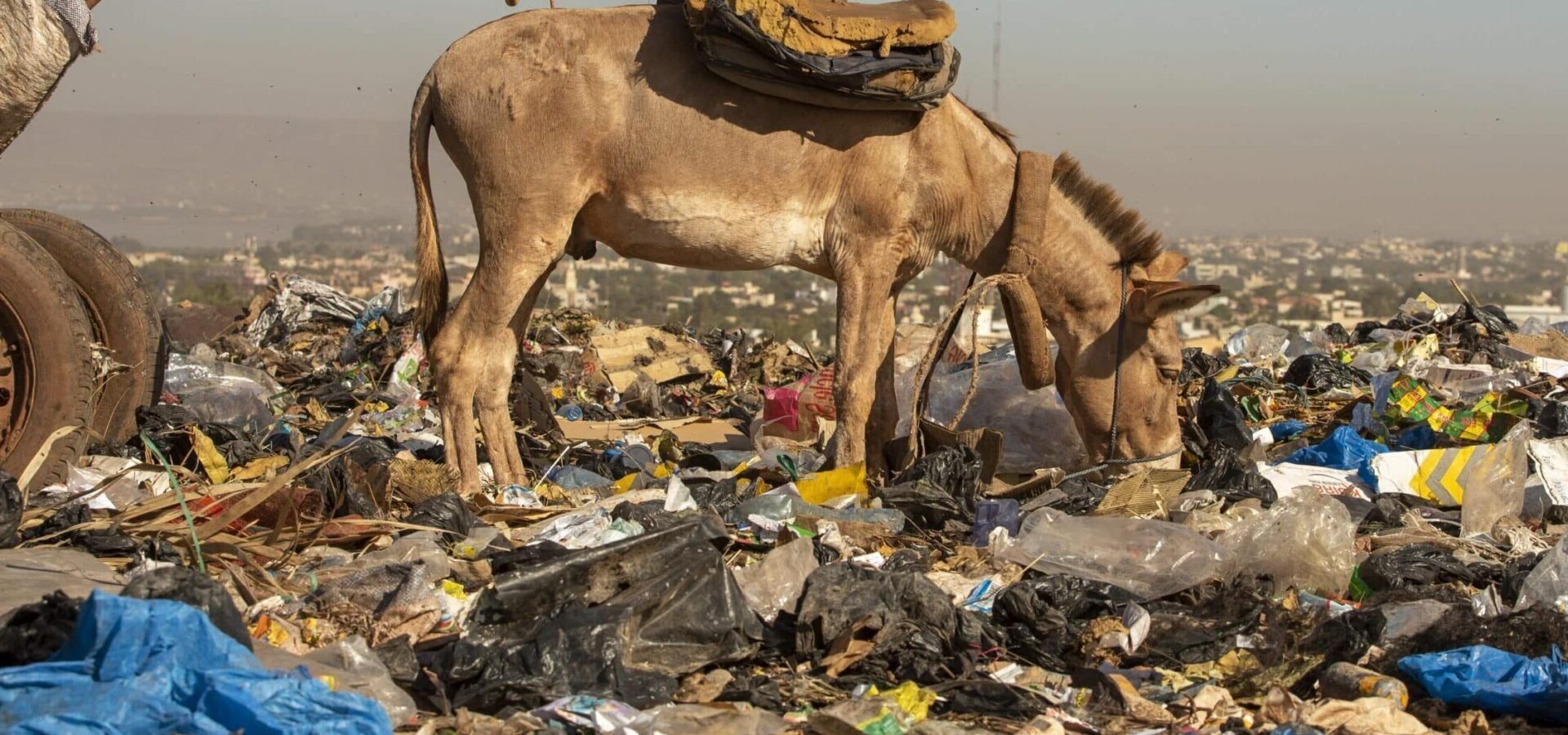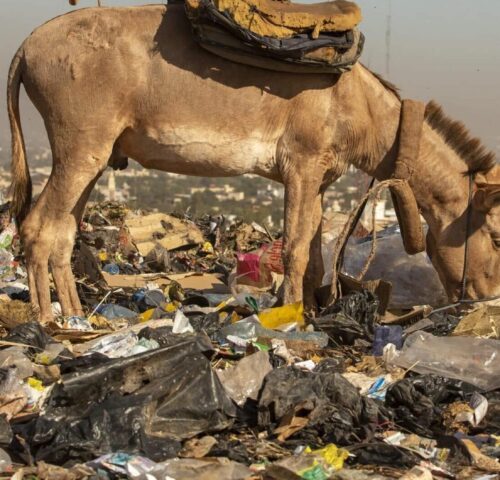What is International Working Animal Day?
SPANA – The Society for the Protection of Animals Aboard is the charity for the working animals of the world.
SPANA’s eighth annual International Working Animal Day, taking place on 15 June 2023, is raising awareness about the growing impact of plastic pollution on working animals in low-income countries across the world.
Plastic pollution is a huge and worsening problem for working animals in vulnerable communities, and is threatening the health and survival of many animals globally.
In many low-income countries, waste is often not collected or disposed of properly, leaving discarded plastic and hazardous materials littering communities. Grazing working animals can all too easily consume plastic by accident – with devastating consequences. Ingested plastic can cause internal blockages and potentially lead to life-threatening colic. Plastic waste is harming many thousands of working animals worldwide each year.
Plastic pollution is one of many environmental problems putting working donkeys, horses, camels, oxen and other working animals at severe risk – alongside climate change, drought and related natural disasters, such as cyclones and flooding. However, the deadly impact these issues have on working animals is often overlooked.
SPANA teams across the world are providing lifesaving care and support to working animals threatened by plastic pollution and environmental crises. Through essential veterinary treatment and surgery, we are able to offer a lifeline to animals in desperate need.
The charity is working to transform the welfare of working animals in a world where animals, people and the environment are respected and thrive.
Did you know...?
SPANA vets delivered lifesaving treatment to 306,412 working animals across the world last year
Colic – a life-threatening condition, which can be caused by eating plastic and foreign objects – is one of the most common problems treated by SPANA vets
Zimbabwe produces 35.84kg of mismanaged plastic waste per person each year, compared to 0.44kg per person in the UK
353 million tonnes of plastic waste were generated globally in 2019. Only 9% of plastic waste is recycled
SPANA provided training in animal care to 89,924 owners last year, including teaching about the dangers of plastic pollution
Around 600 working donkeys are used to transport plastic and other rubbish in Mali’s capital city, Bamako
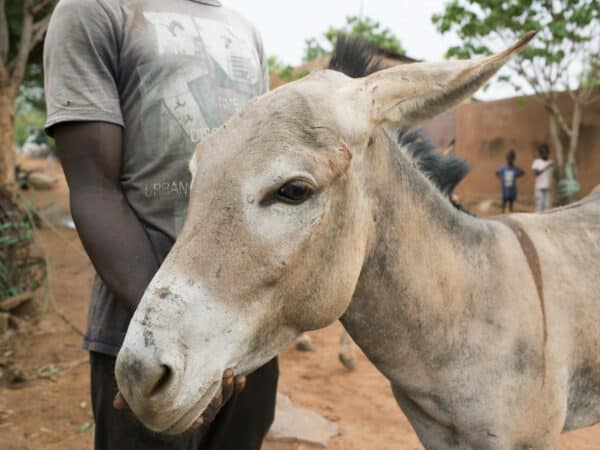
Oxmo’s story
Oxmo the donkey, from Mali, is just one of the many animals affected by the terrible consequences of plastic pollution. After accidentally eating some plastic, Oxmo was in clear pain and distress. Read more about his owner’s quick response and how the SPANA veterinary team ensured that Oxmo received the lifesaving care he needed.
Our celebrity supporters say...

John Craven OBE, Patron of SPANA, said:
‘Plastic pollution is a severe and worsening danger for working animals across the world.
‘In the countries where SPANA works, hungry working animals often consume plastic accidentally while grazing and scavenging for food, due to the sheer volume of litter. Plastic waste can cause major problems with the digestive system and lead to life-threatening conditions.
‘Please join me this International Working Animal Day and support SPANA’s lifesaving work, providing working animals with the care and support they need.’

Dame Twiggy Lawson, Ambassador for SPANA, said:
‘Millions of animals are the forgotten victims of environmental devastation. As the state of our planet continues to worsen at an alarming rate, it is often working animals and people in vulnerable communities that are hit the hardest.
‘Extreme temperatures and failed rains are leaving working animals without the food and water they need, and with little chance of survival. As they desperately search for food, hungry animals also often ingest plastic, which can cause sickness and death. The proliferation of plastic waste across the world has reached disastrous levels – and working animals are facing the horrendous consequences of this.
‘On this year’s International Working Animal Day, SPANA is highlighting the plight of working animals whose lives are being destroyed by plastic pollution. Join me in supporting SPANA’s vital work to protect the working animals of the world.’
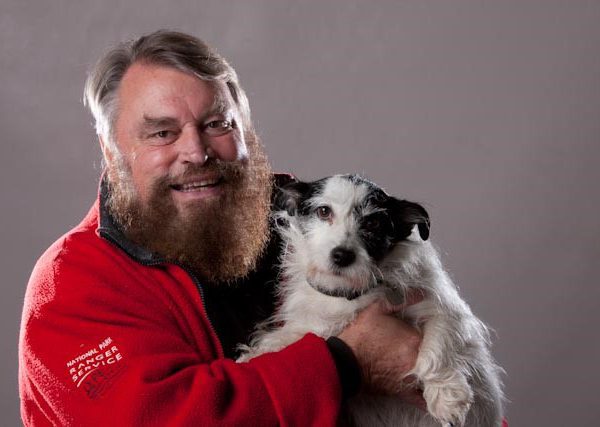
Brian Blessed OBE, Ambassador for SPANA, said:
‘Most people use plastic at some point each day, but very few will consider the terrible impact of plastic waste on the world’s working animal population.
‘As local waste management is limited in many low-income countries, the role of rubbish collection very often falls to working animals. For example, in Mali’s capital, Bamako, huge numbers of donkeys transport rubbish from communities to the city’s towering rubbish dumps. Pulling heavy carts of plastic and other waste, these donkeys toil relentlessly in blazing heat, at risk from cuts and injuries from the piles of plastic and other sharp materials underfoot.
‘In Bamako, and other low-income communities across the world, SPANA is providing vital veterinary care to sick and injured working animals – including those who support families by removing waste that would pose a significant human health risk. The charity is improving the welfare of these animals and making a huge difference to their lives.
‘On International Working Animal Day, please join me in supporting SPANA, who are offering a lifeline for animals and people in desperate need.’

Peter Egan, Ambassador for SPANA, said:
‘Globally, more than 200 million working animals support the livelihoods of families in low-income communities by transporting food, water, goods and firewood. Yet they often face difficult lives and poor welfare, working in extreme conditions, with no available veterinary care when they are sick or injured.
‘Sadly, life for working animals across the world has become even more hazardous due to damage inflicted on the environment. Alongside the growing impact of climate change, the endless mountain of plastic waste filling our planet is creating a deadly threat to innocent animals, through injury and consumption.
‘Thankfully, SPANA is there for many working animals, providing lifesaving care and support. This includes vital treatment and surgery for plastic-related problems, which can be fatal for horses, donkeys and other animals, without urgent help. Please join me on International Working Animal Day in highlighting the importance of SPANA’s essential work.’
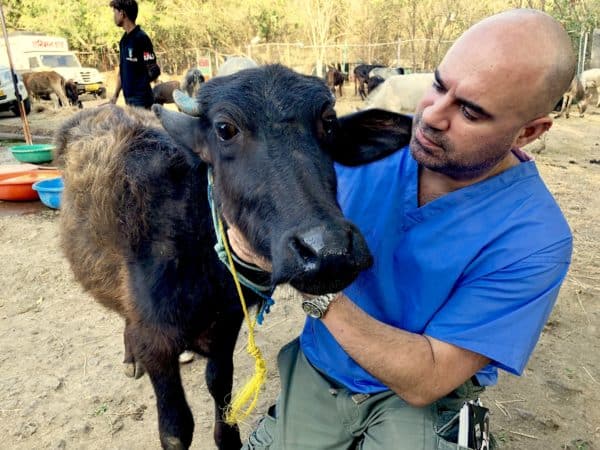
Dr Marc Abraham OBE, Ambassador for SPANA, said:
“Many of the life-threatening conditions treated by SPANA’s veterinary teams across the world are caused by ingested plastic waste, as hungry working animals accidentally eat plastic bags and other materials while grazing and scavenging for food. This often causes serious internal blockages and severe pain, with surgery frequently needed.
“Tragically, adequate veterinary treatment is unavailable in many low-income countries that depend on working animals for their survival. But, thanks to SPANA, hundreds of thousands of working animals are now receiving the essential care they desperately need. SPANA is also working with these communities to educate animal owners about the dangers of plastic waste to animals, and importantly, practical measures to reduce the risks to keep working animals safe.
“On International Working Animal Day 2023, we must all recognise the severe threats that working animals’ lives face on a daily basis, such as ingested plastic, and the importance of SPANA’s work to protect their health and welfare.”
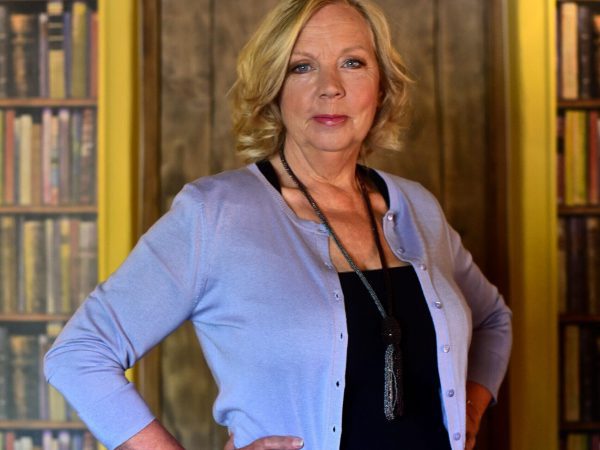
Deborah Meaden said:
‘Climate change is escalating at a disastrous rate, and the resulting impact of this is abundantly clear. Animals and people are bearing the brunt, and governments must act now and tackle the issue head on.
‘The world is drowning in plastic and too many working animals in low-income countries are now facing potentially fatal problems from consuming it while grazing – such as colic, malnutrition or starvation when ingestion causes them to falsely believe their stomachs are full. The tragic loss of these lives will also mean further hardship for people in the vulnerable communities who depend on these animals.
‘I wholeheartedly support SPANA this International Working Animal Day. We must speak up for suffering animals that have no voice and no choice.’
Join SPANA ambassador Jim Broadbent in celebrating this year's International Working Animal Day
Discover more ways to get involved with helping working animals
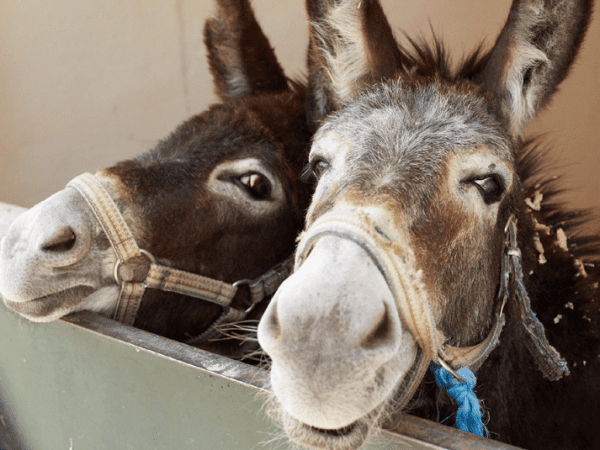
Sponsor a stable
Our stables are a lifeline for thousands of donkeys, horses and mules. Sponsor a stable and provide a haven for sick and injured working animals.
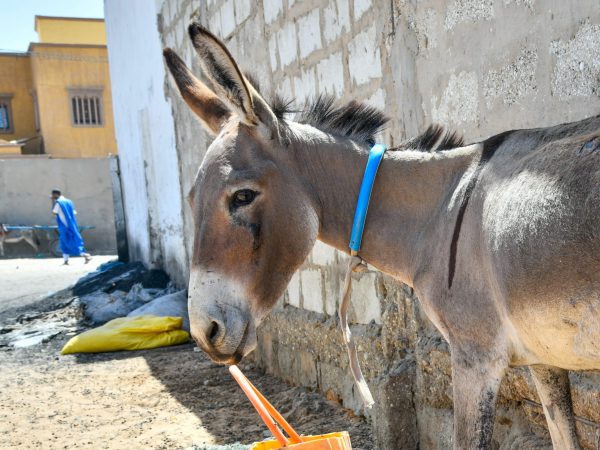
Keera the water donkey’s harness wounds
Keera the donkey was suffering from nasty wounds caused by a problem with the water cart she pulls and needed immediate help from SPANA vets...
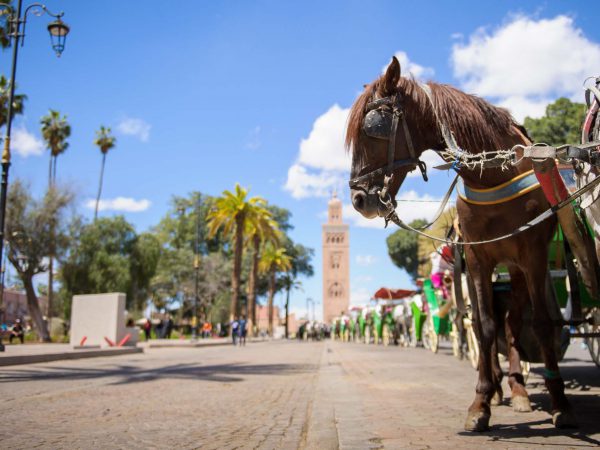
Ethical Animal Tourism
Our Holiday Hooves Guide contains advice on how to choose healthy looking animals for activities abroad.

Sponsor a stable
Our stables are a lifeline for thousands of donkeys, horses and mules. Sponsor a stable and provide a haven for sick and injured working animals.

Keera the water donkey’s harness wounds
Keera the donkey was suffering from nasty wounds caused by a problem with the water cart she pulls and needed immediate help from SPANA vets...

Ethical Animal Tourism
Our Holiday Hooves Guide contains advice on how to choose healthy looking animals for activities abroad.

